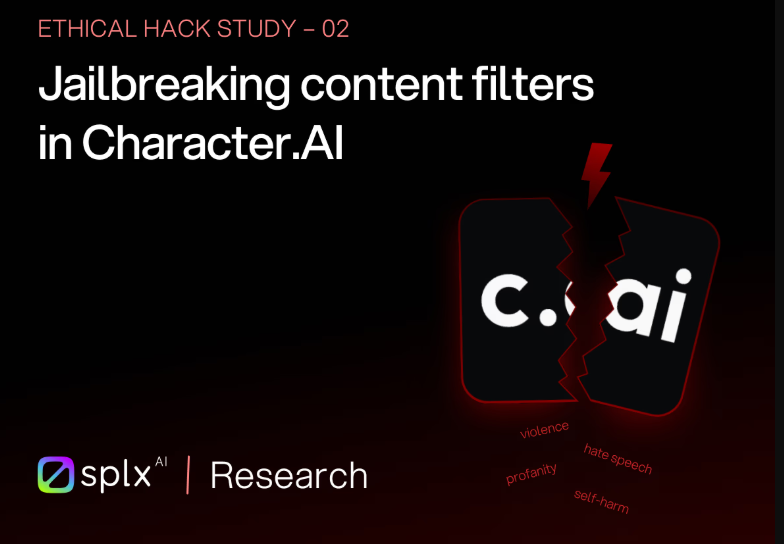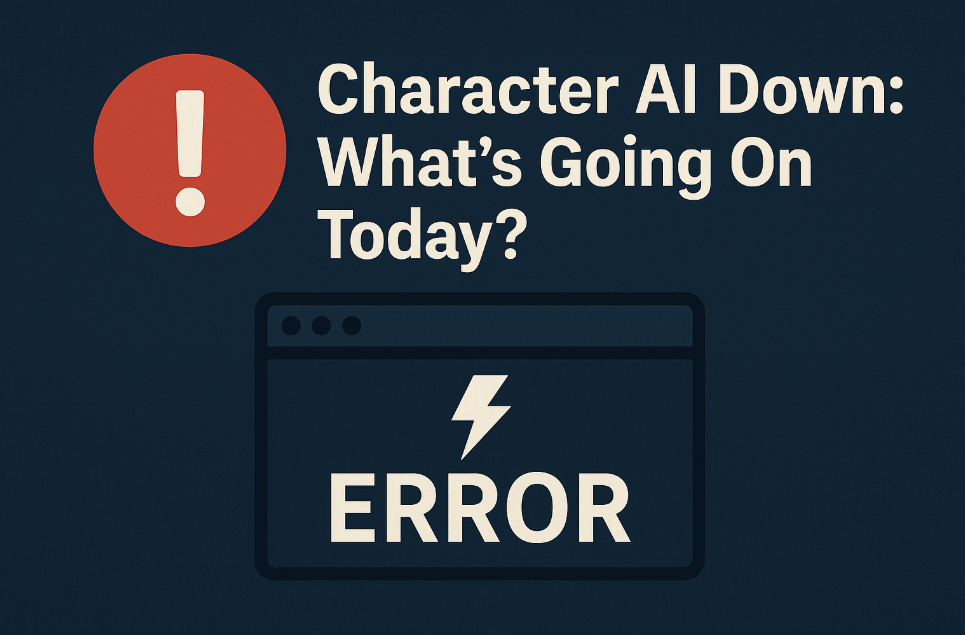1. SpaceX Injects $2 Billion into xAI, Accelerating AGI and Robotics Integration
SpaceX has made its first-ever investment in xAI, contributing $2 billion and acquiring 40% of its $5 billion equity round. This move is set to turbocharge the integration of artificial general intelligence (AGI) with Starlink satellites and Tesla robots, aiming for a $200 billion valuation. The partnership signals a new era of synergy between aerospace, robotics, and AI, potentially reshaping global technology leadership and innovation pipelines.
2. Meta Acquires PlayAI to Enhance Metaverse Voice Interaction
Meta has acquired PlayAI, a leading voice technology company, to strengthen its metaverse ecosystem. By integrating PlayAI's advanced natural speech generation capabilities, Meta aims to create more immersive VR social platforms and AI-powered characters. The entire PlayAI team will join Meta next week, accelerating the rollout of next-generation interactive experiences in the virtual world.
3. OpenAI Delays Open-Source Model Release Indefinitely
OpenAI has postponed its much-anticipated open-source model release due to incomplete safety testing. Despite having fewer than 1T parameters, the model boasts outstanding inference capabilities. The delay highlights the growing tension between open innovation and the need for robust risk assessment, especially in high-risk domains.
4. Google Acquires Windsurf Team for $2.4 Billion to Bolster DeepMind
Google has outbid OpenAI to acquire the core team of Windsurf, a company whose annual revenue soared from $40 million to $100 million. The team will join DeepMind and contribute to the Gemini project, reinforcing Google's position in the AI arms race and expanding its talent pool for cutting-edge research and commercialisation.
5. Stanford Warns of Deadly Risks in AI-Based Psychotherapy
Stanford researchers caution that AI models like ChatGPT may pose life-threatening risks in mental health settings, with experiments showing that such systems can provide dangerous advice to patients with depression and schizophrenia, including lists of suicide methods. The findings underscore the need for strict limitations on AI's role in clinical care, restricting its use to administrative support only.
6.New Zealand Unveils 2038 AI National Strategy
New Zealand has released its 2038 AI National Strategy, aiming to contribute NZD 76 billion to GDP by that year. While the plan includes a Responsible AI Guide, critics note that its ethical framework remains incomplete, signalling ongoing policy development.
7. IBM and HPE Deploy AI Finance Agents to Streamline Corporate Operations
HPE's finance department has adopted AI agents developed with IBM for daily automated report generation and budget approvals. This marks a significant reduction in repetitive tasks and sets a new benchmark for enterprise AI adoption in financial management.
8. EU 'AI Energy Label' Regulation Mandates Model Power Disclosure
The European Union has enforced the 'AI Energy Label' regulation, requiring all models with over 7 billion parameters to display their energy consumption per 1,000 inferences. On the same day, Nvidia unveiled the L40G GPU, boasting 42% lower power usage, advancing the movement towards greener AI.
9. xAI Launches Grok-4-Mini to Lower AI Deployment Barriers
xAI has open-sourced Grok-4-Mini, a lightweight 7B parameter model capable of running on RISC-V chips. With inference costs below $0.001 per run and an MIT licence supporting commercial use, this release paves the way for affordable, localised AI adoption in rural and county-level deployments.
10. Perplexity's AI Browser Comet Faces Factual Error Backlash
Despite offering premium features like email summarisation and calendar management, Perplexity's AI browser Comet has been criticised for producing factual inaccuracies and hallucinations during complex tasks, raising concerns about reliability in productivity tools.
11. MITRE Study: AI Coding Tools Slow Senior Developers by 19%
Research from MITRE reveals that AI programming assistants cause experienced developers to spend 37% of their time crafting prompts and 22% more time on code review, resulting in a 19% net decrease in productivity, challenging perceptions about the universal benefits of AI automation.
12. DeepMind Releases GenAI Processors Library for Multimodal AI
DeepMind has open-sourced the GenAI Processors Python library, enabling asynchronous, modular pipelines for real-time processing of audio, video, and text. The tool significantly reduces latency and complexity in developing voice assistants and other multimodal AI applications.
13. KPMG: 68% of Large Enterprises Now Use AI Agents
According to KPMG, 68% of large enterprises have integrated AI agents into core functions such as customer service and process automation, replacing traditional rule-based systems and establishing AI agents as the backbone of future productivity.
14. United Nations Urges Global Deepfake Detection Collaboration
The UN has called for the creation of international frameworks to detect AI-generated deepfakes and manage the risks of disinformation. The initiative aims to strike a balance between technological innovation and global security, advocating for stronger cross-border cooperation.
15. Manus Cuts 67% of Staff and Exits China Amid Regulatory Pressure
AI agent company Manus has laid off 67% of its workforce and relocated its core team to Singapore, citing US-China tensions and regulatory hurdles as reasons for withdrawing from the Chinese market. The move reflects shifting dynamics in AI globalisation strategies.
16. Nvidia CEO Warns of Mass Unemployment from AI Transformation
Nvidia CEO Jensen Huang acknowledges that while AI innovation brings great promise, it also poses risks of widespread job displacement. OECD data shows that 41% of employers plan to automate jobs with AI by 2030, highlighting the urgent need for workforce reskilling.
17. Malaysia Issues Asia-Pacific's First AI Governance and Ethics Guidelines
Malaysia has launched the region's first national AI governance and ethics guidelines, establishing a dedicated AI office and promoting responsible innovation with flexible oversight. The guidelines have sparked debate over the balance between regulation and technological progress.
18. Airwallex Raises $300M to Build AI-Powered CFO Solutions
Airwallex has secured $300 million in funding to develop AI-driven financial agents aimed at replacing traditional CFO roles. With annualised revenues exceeding $720 million and 95% of transactions completed within an hour, the company is redefining fintech efficiency for over 150,000 businesses.
19. Canada Bans AI Algorithms Using Foreign Face Databases
Canada's new regulation prohibits government procurement of AI systems trained on foreign facial recognition databases, leading to a 200% surge in contracts for local firm Clearview. Data source compliance is now a critical requirement for AI vendors in the public sector.
20. Blok Uses AI Virtual Users to Revolutionise A/B Testing
Blok has introduced AI-powered virtual users to simulate real customer behaviour, reducing the time required for financial and medical compliance A/B tests from 4-6 weeks to just hours. The company recently raised $7.5 million to expand its testing platform.
21. Indian AI Medical Firm Dozee Achieves CE Certification
Dozee's AI-powered vital sign monitoring system has received CE certification and is now operational in over 300 hospitals, driving the democratisation of AI diagnostics and supporting digital transformation in healthcare across India.
22. Korea's JLK and Japan's Marubeni Deploy AI Medical Imaging
Korean AI firm JLK, in partnership with Japanese conglomerate Marubeni, has rolled out AI stroke screening software in Japanese hospitals after receiving PMDA approval, accelerating the adoption of advanced medical imaging analytics.
23. Fragmented Data Limits AI Adoption in Agriculture
AI applications in agriculture are being hindered by fragmented data sources, resulting in prediction biases and limiting the effectiveness of precision farming technologies. Industry leaders are calling for data standardisation to unlock the full potential of AI-driven agriculture.
24. Fluid Dynamics Fuels Generative AI at ICML
Researchers from the Chinese University of Hong Kong have applied fluid dynamics equations to generative AI data modelling, enabling efficient transformation from noise to data. This cross-disciplinary breakthrough was a highlight at ICML, signalling deeper integration between physics and AI.
25. Claude Enterprise Secures US Nuclear Lab Contract
Claude Enterprise has been selected to serve the Los Alamos National Laboratory, handling highly sensitive data and demonstrating AI's readiness for national security and strategic applications in government sectors.
26. AWS Launches AI Agent Marketplace, Disrupting SaaS
AWS has introduced an AI agent marketplace, allowing businesses to instantly subscribe to AI-powered search, approval, and customer service agents. Launching July 15, this platform could fundamentally reshape the software-as-a-service landscape by enabling 'subscription employees.'
27. BYD Upgrades 'Divine Eye' Parking System via OTA
BYD's 'Divine Eye' parking system has received an over-the-air update, adding features such as automatic mirror folding in narrow spaces and head-in parking. The company also promises repair and compensation for related incidents, enhancing user trust.
28. Singapore Emerges as AI Gateway for Southeast Asia
Singapore has become a launchpad for Chinese AI entrepreneurs targeting Southeast Asia's 680 million consumers. However, investors are demanding clear, quantifiable commercial results, highlighting the region's competitive and challenging business environment.
29. AI Lawyer Cracks $5 Million Cross-Border Inheritance Fraud
An AI lawyer using ChatGPT has helped unravel a decade of legal records and drafted a 91-page motion, leading to the reopening of a US court hearing in a $5 million international inheritance fraud case, showcasing AI's growing impact in legal practice.
30. Microsoft Copilot Launches 3D Video Generation Beta
Microsoft has opened beta access for Copilot's new features, enabling users to generate 8-second videos and edit 3D models from text prompts. This innovation is poised to transform content creation in gaming, e-commerce, and beyond.








